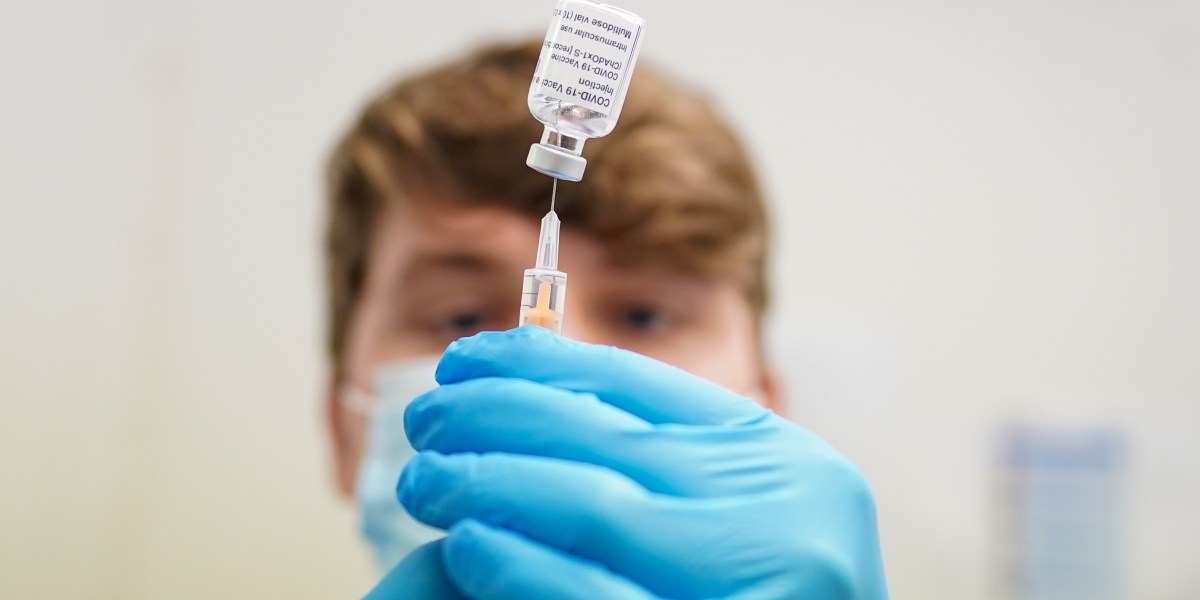The South African covid-19 variant is proving to be a vaccine challenge

The news: Two new sets of vaccine results announced today suggest the South African variant of the virus is proving harder to vaccinate against. Novavax and Johnson & Johnson both announced that final-stage clinical trials showed their vaccines are effective at preventing illness—but that this efficacy dropped when dealing with the variant sequenced in South Africa, known as B.1.351.
The details: The Novavax vaccine was 89% effective overall and 86% effective against the UK variant, known as B.1.1.7. But in the South African wing of the trial, where most people had the South African covid-19 variant, the vaccine was just 50% effective (similar to the level of protection conferred by most flu vaccines). The UK has bought 60 million doses of the vaccine, which will be produced locally. Novavax is a small US company that received $1.6 billion from the US government as part of Operation Warp Speed.
Meanwhile, a trial for the single-shot vaccine made by Johnson & Johnson today announced that its vaccine was overall 66% effective at preventing covid-19, but this dropped to just 57% in South Africa. That trial recruited thousands of South Africans between September and December, just as the dangerous variant was spreading widely. This vaccine has been widely anticipated because it’s given as a single shot and is much easier to store than the MRNA vaccines made by Moderna and Pfizer that were authorized in the US last month and which must be kept super-cooled.
The (concerning) bigger picture: Novavax and Johnson & Johnson are not the only vaccine makers to discover that their covid-19 shot is less effective against the South African variant. Moderna and Pfizer recently reported that their vaccines don’t work quite as well against it either, although manufacturers are confident that they would be able to quickly produce updated versions to combat the changing virus. The US reported its first known cases of the South African variant yesterday in two people in South Carolina. Those people had not had contact with one another, which suggests B.1.351 may already be spreading throughout the community in parts of the US.
Update: This story was updated to include the Johnson & Johnson trial results as they were announced.
